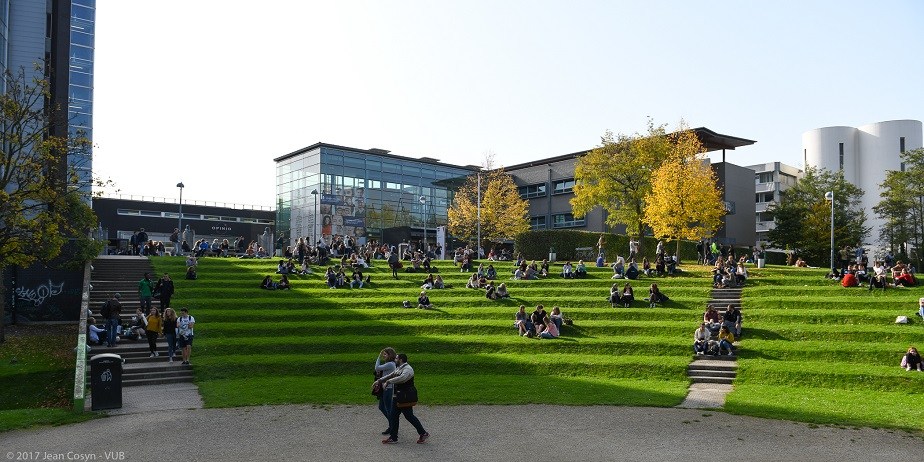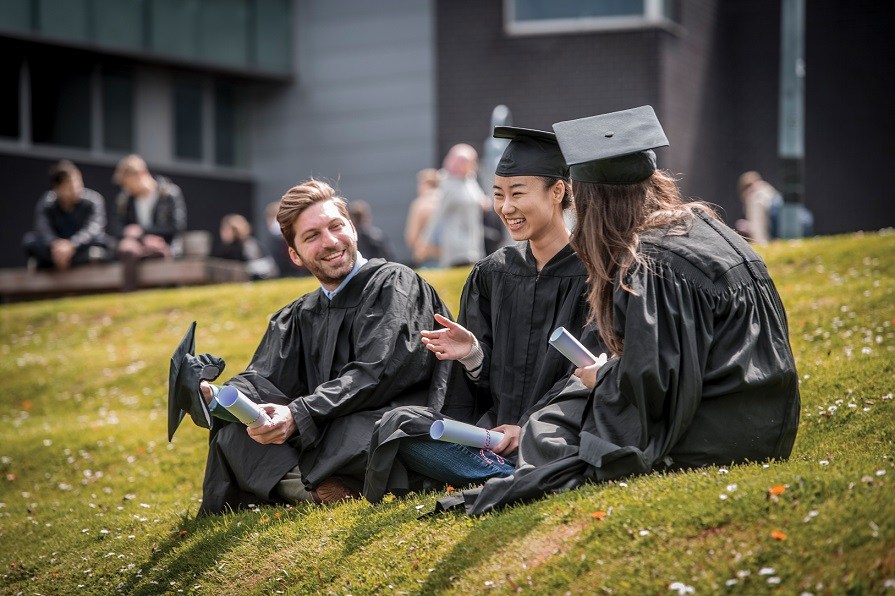On the 9th of February, the Brussels School of Governance was launched. Combining the strengths of the Institute for European Studies and Vesalius College, and embedded within the Vrije Universiteit Brussel, this exciting new school is uniquely positioned to address European and international challenges.
As the Capital of Europe, Brussels is one of the few global centres of policy-making. The presence of European and major international institutions, as well as the headquarters of major multinationals, has given Brussels a prominent role in European and international relations. However, up until recently, education and research on the major European and international challenges was spread out and embedded in different entities. Under the auspices of the Vrije Universiteit Brussel, the Brussels School of Governance provided critical mass to fill this void. Unlike the existence of many schools addressing these challenges in other major global centres, such as Washington, the Brussels School of Governance is the first attempt to fill this lacuna and the first school of public policy in Brussels.
The Brussels School of Governance is an alliance between the two institutions that focus extensively on European and international challenges: the Institute for European Studies (IES-VUB), an autonomous entity of the university, and Vesalius College (VeCo), a private initiative modelled after a US-style college. In the words of Karel De Gucht, president of the Brussels School of Governance:
“With this alliance, we want to increase our impact on the world at large. We want to become the leading reference for European and international issues in Brussels when it comes to our four areas of focus: environment and economy, digitalisation, migration, and diplomacy and security – for Flemish and international media, as well as for other scientific institutions.”
The school’s ambition is to address these major challenges from these different angles. Alexander Mattelaer, Vice-Dean for Research, states: “These challenges are all intertwined, climate change and migration for example have an impact on security. These areas are all interconnected, which is at the core of research at the school. The research is not just academic, but is also targeted to have a significant direct impact on our society. Our professors do not stay in their ivory tower”.
Most importantly, research activities and expertise will be shared with students. “The Brussels School of Governance offers a full range of education activities, from BA to PhD and executive programmes”, indicates Sven Van Kerckhoven, Vice-Dean for Education, “we build upon more than 30 years of experience in interactive, career-focused teaching. Our school will serve as a meeting place for national and international students, based on direct interaction between professors and students, due to our small class sizes and personal support. We want to educate open-minded leaders of the future.”
Luc Soete, Dean of the Brussels School of Governance, complements: “As a brand new alliance, we want to make an impact on society, both by providing expertise in the aforementioned areas and by educating students with a critical outlook on how we address the major challenges of our time.”
The launch of the new school took place online, due to the current restrictions in place. Belgian Prime Minister Alexander De Croo presented his views on this new adventure during this event. He stated that “the Brussels School of Governance does not come a day too soon. We are now ready to become a point of reference in academic education and research on international and European challenges”. Caroline Pauwels, rector of the VUB, sees the school as “the spearhead of the international spearhead of the university, building upon the rich background of both entities. Joining forces will create a truly international pioneer.”
Find out more about the Brussels School of Governance on www.brussels-school.be
Subscribe here to its latest research and education updates.



